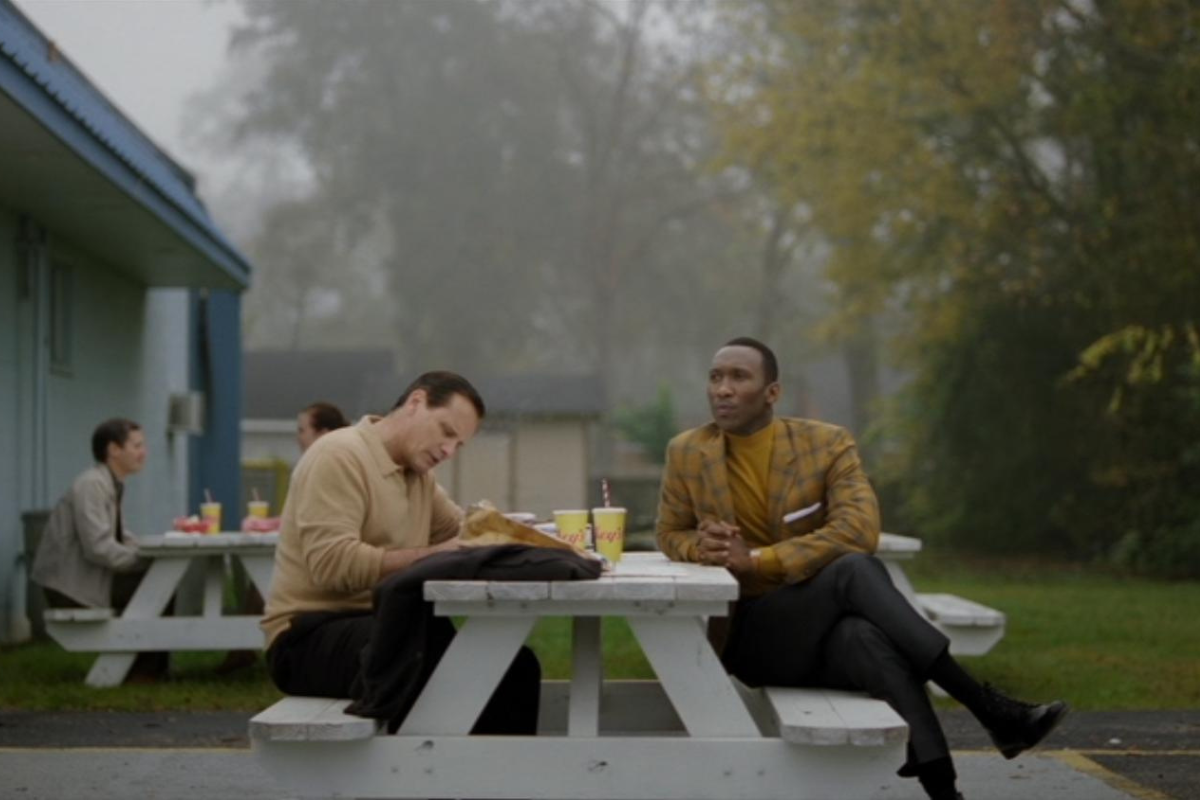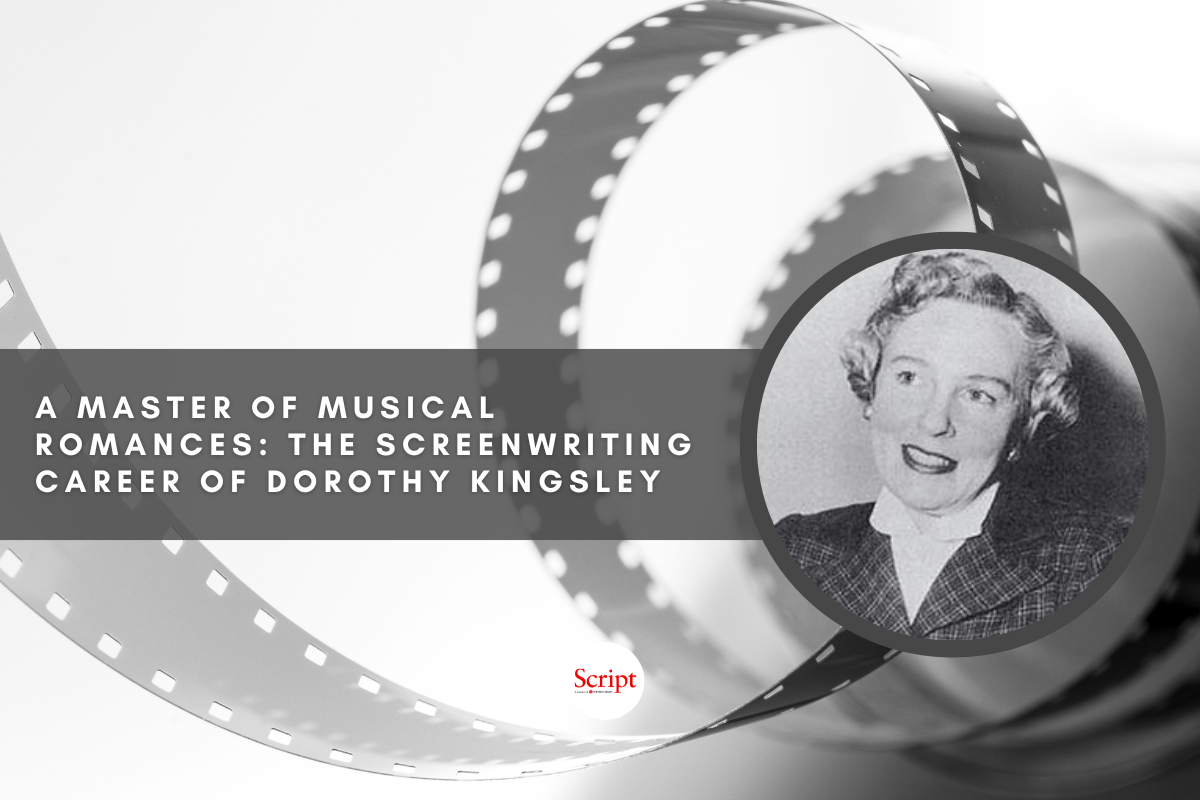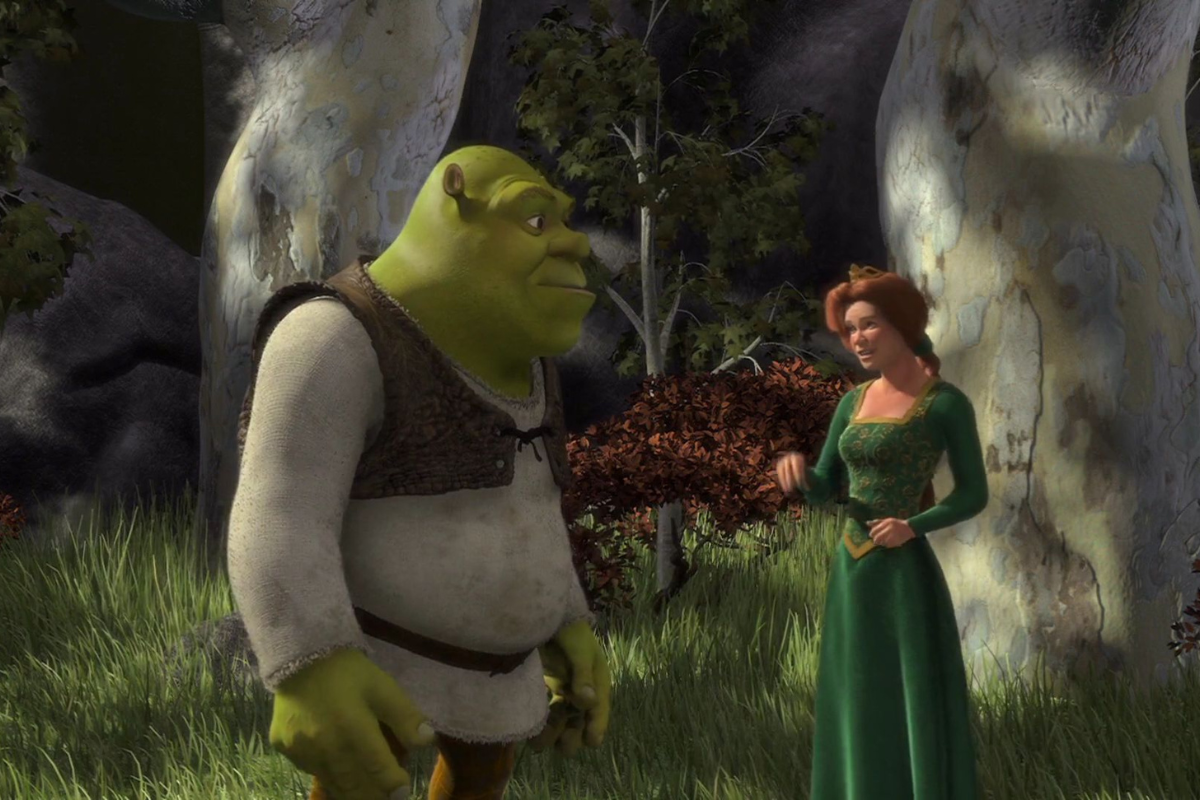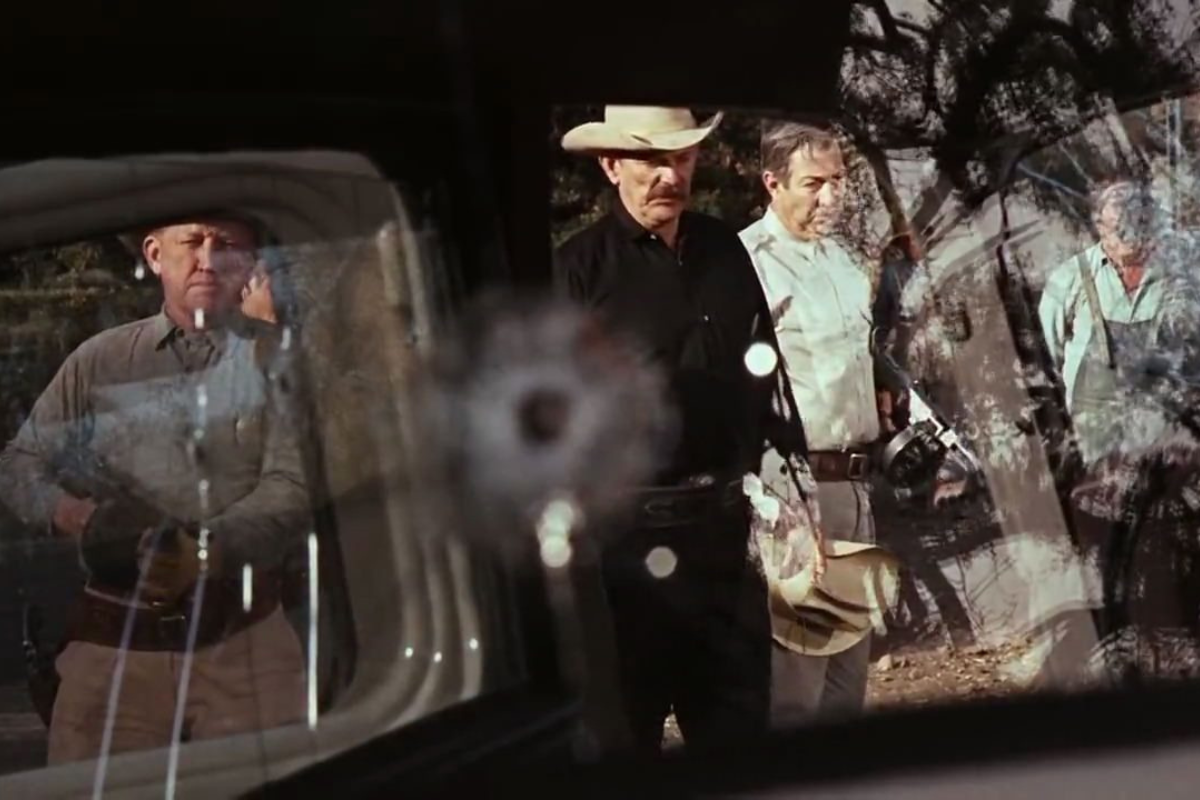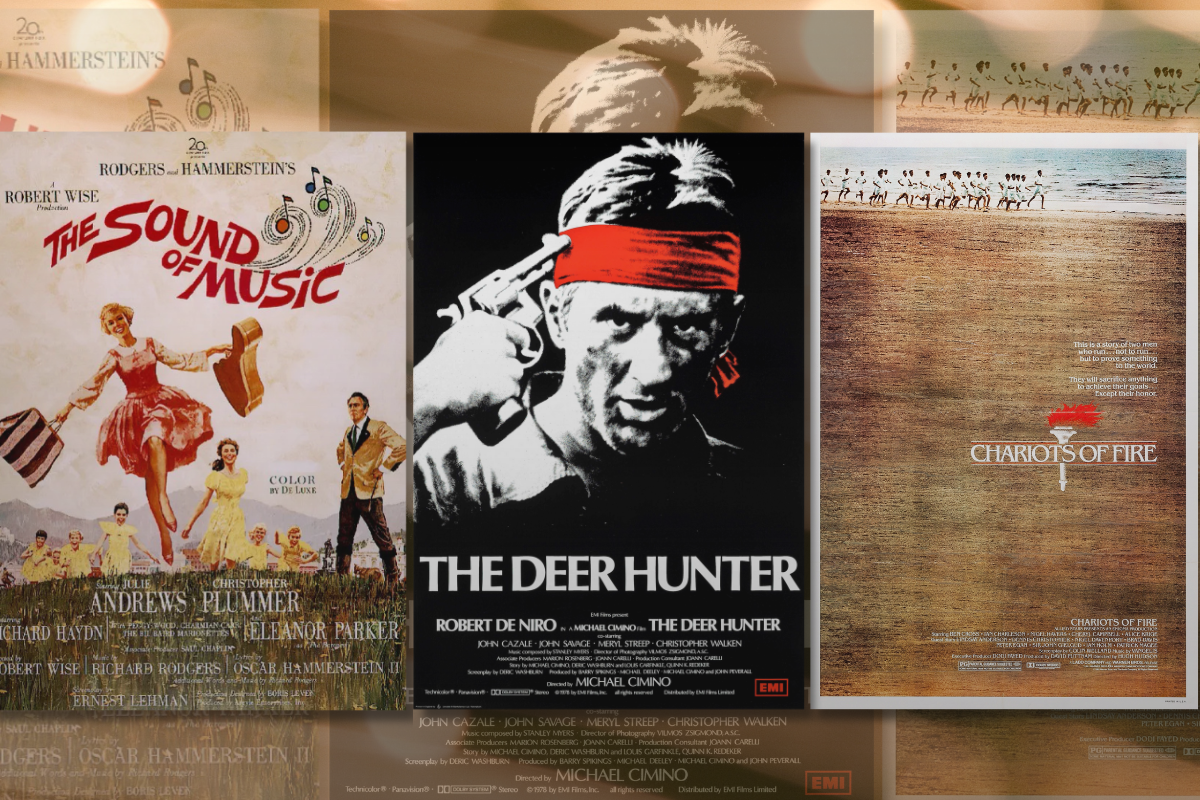Ida May Park Headlined One of Universal Studios First Female Production Companies
Dr. Rosanne Welch celebrates the female screenwriters who came before us with this month’s spotlight on the prolific and trailblazing screenwriter and director Ida May Park who cemented Lon Chaney’s fame to film audiences by writing over forty-one films starring Chaney.
Lon Chaney is known to most classic film fans for his deft use of makeup and his dedication to the craft of acting. Equally dedicated but far less known today is Ida May Park, the female screenwriter, and early film director who cemented his fame to film audiences by writing over forty-one films starring Chaney in the four years between from Her Bounty (1914) and Broadway Love in (1918).
As with many early women in early film, Park began her career as a stage actress, where she met her future husband, actor Joseph De Grasse, and together they gave the new film business a try. When De Grasse joined the Pathé Company as an actor in 1909, Park became the company’s scenario writer. After Pathé, Park and her husband found work at what was then called the Universal Film Manufacturing Company where she would stay under contract until 1920.
Many separate production companies banded together with Universal as their distributor, so researchers find some of Park’s credit on films from the Rex Motion Picture Company. Eventually, Park and De Grasse worked even more closely together, becoming a husband and wife writing-directing team under the new Universal film label Bluebird. Dealing with womanly issues of the time like high society and the importance of marrying well, Bluebird films became the top grossing Universal brand in 1916. By 1917 Park had earned her own subsidiary company at Universal and began releasing films under the Ida May Park Productions name.
In 1920 she wrote a chapter about being a “Motion-Picture Director” for Boston Publishing House Houghton Mifflin’s handbook Careers for Women. But even as that book hit the market, Park’s film career was on the wane as the more corporate the film industry became, the fewer women found work despite their experience. On top of that, the economic recession of 1920/21 gave studios an excuse to cut ties with many female-led production companies including The Eve Unsell Photoplay Staff, Margery Wilson Productions, and Ida May Park Productions.
After leaving Universal, Park worked erratically as a freelancer. She wrote and directed The Butterfly Man in 1920, starring Lew Cody, and co-directed with De Grasse Bonnie May and The Midlanders (both also in 1920). Though De Grasse gained several more solo directing jobs, Park wrote an additional two films before she left the industry altogether. The last feature film she wrote was The Playthings of Hollywood (1931) for Willis Kent Productions. Ida May Park died in Los Angeles on June 13, 1954, at age 74.
As with many female screenwriters of the era, only six of her produced films were preserved and are viewable today and only one survives in full, The Hidden Way (1926). Scattered reels of Alas and Alack (1915); A Mother’s Atonement (1915); If My Country Should Call (1916); The Place Beyond The Winds (1916); and Bread (1918) exist. This makes studying her work and placing her name in film history textbooks all the more difficult.
Research for this column comes from the book When Women Wrote Hollywood, edited by Rosanne Welch. If you’d like to learn more about the women highlighted in this column, and about the art of screenwriting while earning your MFA, our low residency Stephens College MFA in TV and Screenwriting is currently accepting applications.
Learn more about the craft and business of screenwriting and television writing from our Script University courses!
Dr. Rosanne Welch, Executive Director of the Stephens College MFA in TV and Screenwriting, has television credits including Beverly Hills 90210, Picket Fences, ABC News/Nightline and Touched by an Angel. Her award-winning publications include When Women Wrote Hollywood and Women in American History (on the ALA list of 2017’s Best Historical Materials). Welch is Book Reviews editor for Journal of Screenwriting; on the Editorial Boards of Written By magazine and California History Journal and gave a 2016 TEDxCPP talk: “The Importance of Having a Female Voice in the Room”.
Find Dr. Rosanne Welch online: Instagram @drrosannewelch | YouTube DrRosanneWelch | Stephens College MFA Twitter @mfascreenwriter


